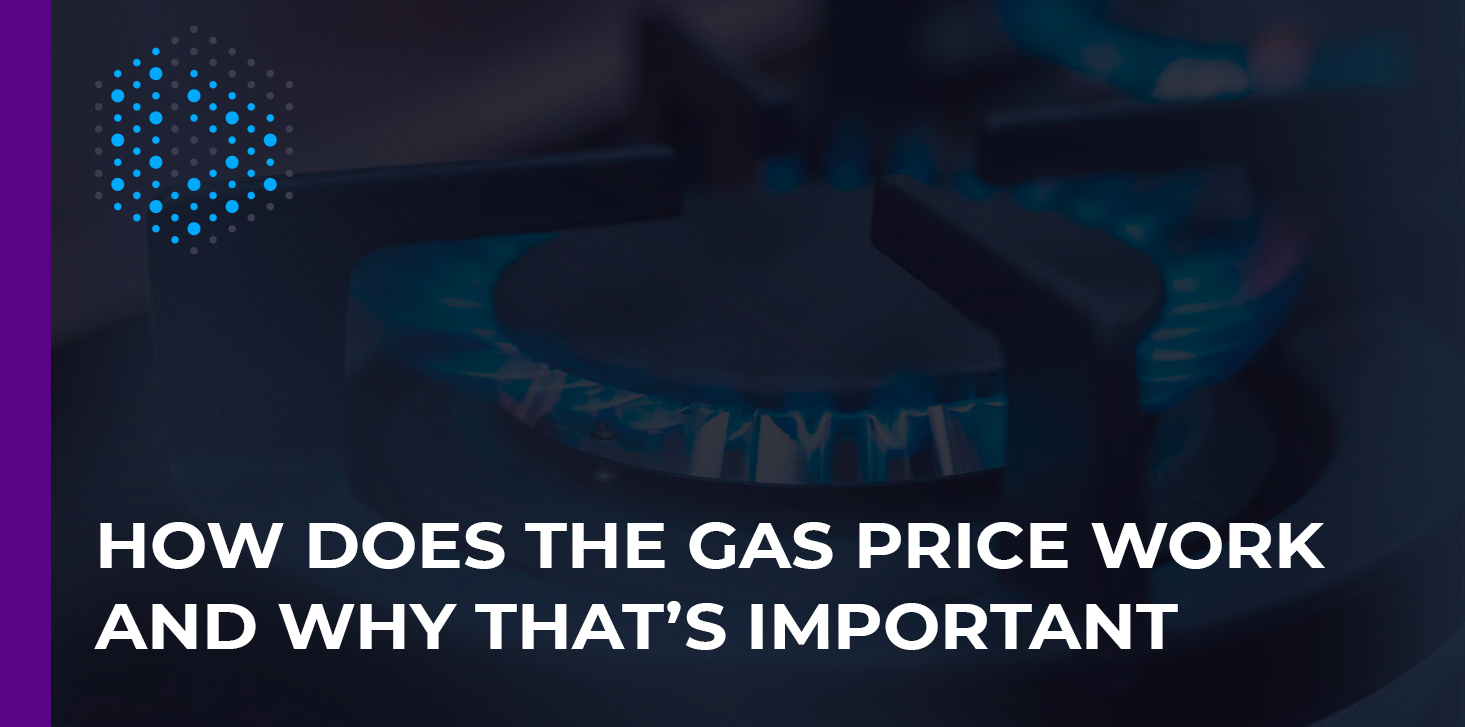How to make ETH Transactions with a Lower Gas Fee
When we talk about cryptocurrency transactions, especially using the Ethereum network, the Gas fee is often one of the most discussed issues. But the ever-increasing fees for Ethereum gas are a growing concern for the crypto community, as transactions eventually become more expensive for users.
How does the Gas Price Works
The simplest definition of a Gas fee would be the transaction fee that users must pay to complete a successful transaction on the network. These fees are used to pay miners for their efforts to maintain the health and security of the network.
Before we discuss the possibilities and ways to reduce gas charges on the Ethereum network, we first need to understand how it works.
The Ethereum network is a blockchain, which is a decentralized system managed by distributed computers called nodes. The nodes belong to real people-miners. These miners are responsible for verifying each transaction that passes through the network, adding them to their blocks, and then adding the verified blocks to the network chain.
Miners need to be paid for their efforts, and therefore, users conducting a transaction on the Ethereum network are charged a transaction fee. This fee is called the gas fee.
The cost of transaction fees in the blockchain is not fixed, and depends on supply and demand. For example, if there is a high demand for transactions, miners will first prefer to check transactions with a higher commission, which means that users who pay more will be checked first. In a sense, the gas fee is also directly related to the transaction rate, meaning the higher the fee, the faster the transaction.
Now, the question that seems to be plaguing most cryptocurrency users is: why is the gas fee so high?
Why are the fees so high
As we have already said, the amount of gas payment depends on supply and demand. The higher the demand, the higher the gas price will be. Since Ethereum is used by thousands of users for millions of transactions per day, this high demand increases the transaction fee.
Over time, as demand for the Ethereum network increases, gas prices also rise.
Over the past couple of years, the popularity and use of Ethereum has grown significantly. As many organizations create their own projects, dApps, as well as their own Ethereum-based blockchains, gas fees continue to rise.
Is there a way to control this fee?
The only possible ways to control the rise in gas prices on the Ethereum network are to scale to process more transactions, at a lower cost, and to find alternative ways to process cryptocurrency transactions with the same efficiency and security as Ethereum.
Do not forget that the ETH 2.0 update should change a lot in the Ethereum ecosystem. The Berlin update has already lowered the chamber for gas from $20 to $8.
The rise of DeFi systems over the past year seems like a good step in that direction. Most of these advanced decentralized financial systems are developed on the basis of Ethereum or similar blockchains, and provide a wide range of opportunities / services for crypto-lending, borrowing, trading, crop cultivation, insurance, finance, etc.
